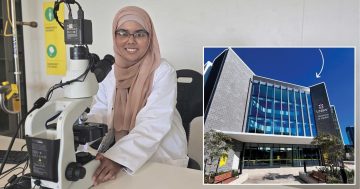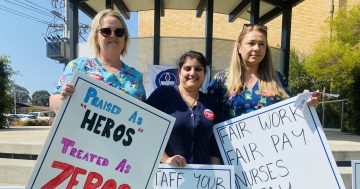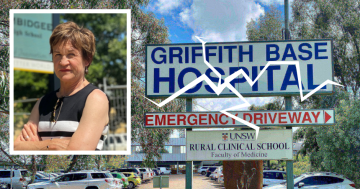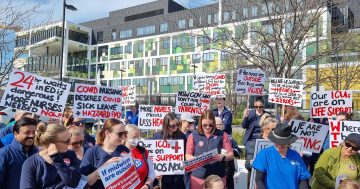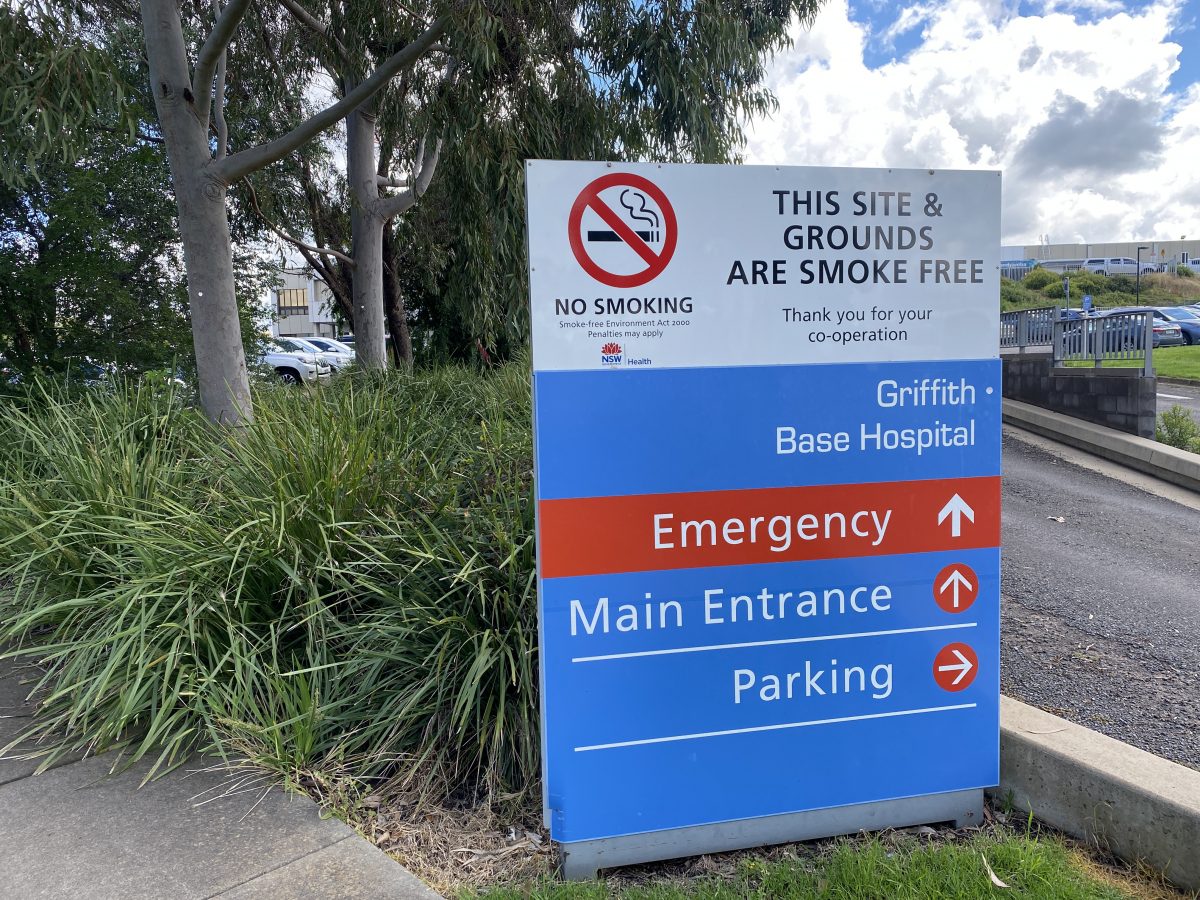
A new policy aims to address the shortage of medical professionals in rural areas. Photo: Oliver Jacques.
A radical new scheme to scrap or reduce university fee debt for eligible doctors and nurses who spend a certain amount of time practising in rural areas has received a mixed response from peak bodies, experts and Riverina-based medical students.
Under the program, which was made law in February, the Federal Government will pay the Higher Education Loan Program (HELP) debt of doctors who work in a rural or remote general practice (GP) for the same amount of time it took to study their degrees.
The aim of the policy is to address the chronic shortage of medical professionals in rural areas. In Griffith, patients are waiting up to four weeks for an appointment with a GP, and as of January 2023 there are no longer any doctors in the town who provide bulk-billed [free] appointments to general patients.
Mark Burdack, CEO of Healthy Communities Foundation Australia, which runs GP clinics in rural areas, told Region he doubted the HELP debt scheme would solve these problems.
“I don’t think HECS debt removal will be any more successful than similar schemes such as bonded medical places and rural scholarships,” he said.
The long-time rural health advocate said programs incentivising people from the city to move to rural areas generally didn’t work, as those who grew up in big cities were unlikely to stay in communities that were “alien to them”.
He cited the example of a bonded medical scheme in which 7000 students had their university debt paid for them in exchange for moving to the bush, but only three students actually ended up going rural.
“It’s a poor use of taxpayers’ money… we spend billions of dollars to send kids from Mosman to work in Griffith, we should be spending those billions on Griffith kids [to get them qualified to work in the Griffith medical system].”
“The people who stay in the bush are those that have a history here … we know the students most likely to work in rural towns are the ones least likely to go to medical schools.”
Mr Burdack said he wanted government focus to change from giving money to city people to go bush to instead trying to increase the number of rural residents who studied medicine.
Economist Richard Holden was even more scathing of the value of the new HELP debt scheme to taxpayers, telling the Australian Financial Review it amounted “to bus drivers subsidising wealthy kids to get medical degrees”.
Medical students who spoke to Region said they were unsure both about the specifics of the scheme and whether they’d be eligible.
“It’s definitely a step in the right direction,” second-year medical student from Griffith Imreet Singh said. “But I’m not sure if I can access it. The specialisation I want to do means I won’t be able to come back to Griffith. Generally, any type of specialisation requires the resources of a big city. Rural hospitals aren’t equipped.”

Medical student Imreet Singh. Photo: Oliver Jacques.
Ketan Panat, a medical student who is doing a placement in Griffith hospital, expressed similar sentiments.
“I don’t understand how this scheme will fit in with people like us … I am keen to head back rurally eventually but the specialities I am interested in requires training in the city first … there are a lot of good training opportunities in the country, it’s just not as diverse as in the city.”
A 2021 survey by the National Rural Health Student Network (NRHSN) revealed that the reduction or cancelling of university debt generally did not increase the likelihood a student would move to a rural area after graduating.
For this reason, Mr Burdack argues he’d like to see the money diverted to increasing opportunities for rural-born and bred students to study and practise in rural areas.
Dr Michael Clements, Chair of the Royal Australian College of General Practitioners (RACGP), told News GP that while he backed any incentive to address rural workforce shortages, he was unsure about the overall impact of reducing or cancelling HELP debt.
“It may incentivise them to stay a bit longer but it’s unlikely to be enough of an impact on decision-making for new graduates thinking about where to work,” he said.
“Given that HELP debt trickles out of that tax pay, if people have got other reasons to want to stay in urban areas, it’s really not going to be enough to tip them over the edge.”
A fact sheet on the new debt reduction scheme for medical students can be accessed here.
Original Article published by Oliver Jacques on Region Riverina.








